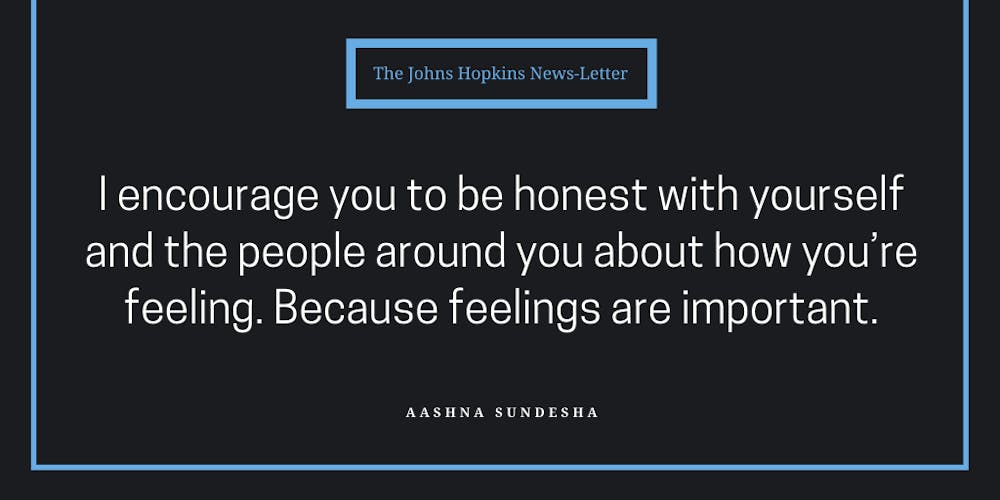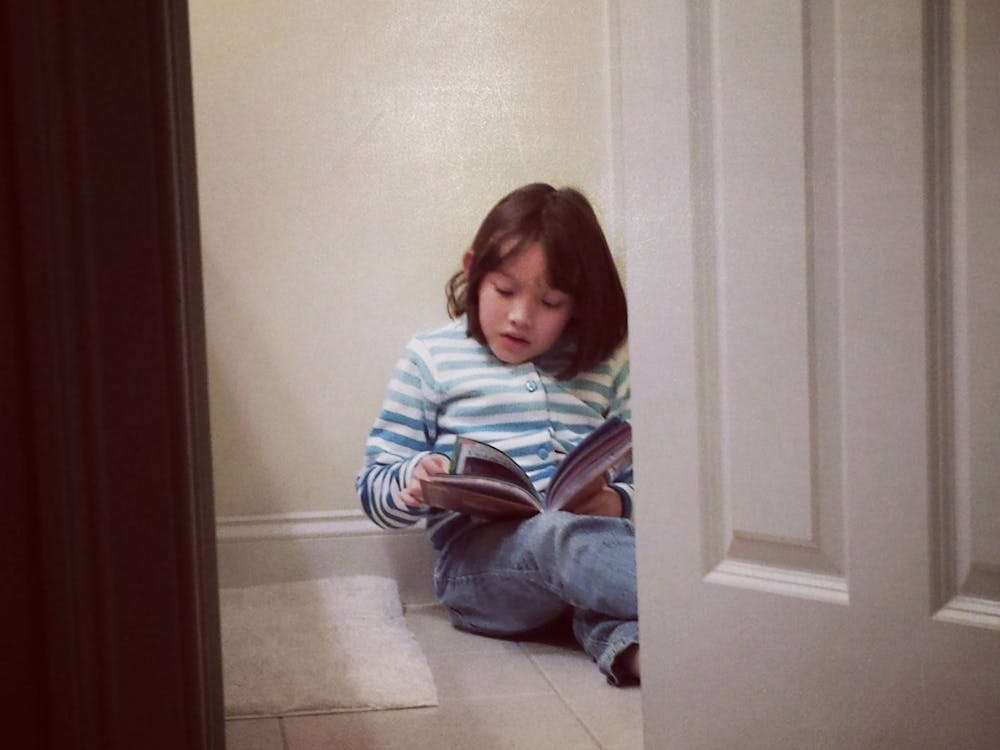
On Sunday I attended an event hosted by the National Alliance on Mental Illness (NAMI Metropolitan Baltimore) called “Hear Our Voices: Personal Stories of Mental Health.” The event was part of NAMI’s campaign, #IWillListen, for Mental Health Awareness Week. I wanted to share my experience to hopefully encourage you to attend a future event like this and get involved in the conversation around mental health awareness, a topic very close to my heart.
At the event, four individuals shared their stories of living with mental health conditions, including obsessive-compulsive disorder, anxiety, depression and bipolar disorder. I cannot begin to imagine the strength and courage it took each of them to share their stories; I think it would be a great shortcoming on my part, as a mental health advocate, to not share it further.
The panelists answered questions about their hardest times, treatment, self-care practices as well as successes and hopes for the future of mental health awareness. Here I’ve included quotations from the panelists and a few things I learned about from them. Their words moved me, and I hope they will move you too.
1. Being Selfish
“I’ve been able to... give myself the permission to recognize that I have needs and that it’s okay to take care of myself.”
The world we live in demands a lot from us. Whether those demands come from family, friends or society, I often feel a strong obligation to do right by my community. Recently I think I’ve lost my way, though, by forgetting to pay heed to my own demands. If I ever find myself being selfish I immediately start feeling guilty. To compensate, I stretch myself so thin trying to be selfless, making me even more unhelpful to my peers and myself. But I’m working on fixing that. I’ve realized that it’s okay to be selfish sometimes if that means your selflessness will be that much more genuine.
2. Being Honest
“A really big part of my mental health and being mentally healthy is being honest. When I don’t feel okay, I let myself not feel okay. I let others know I do not feel okay... I value myself enough to speak up for myself.”
If no one has said this to you recently, or at all, let me tell you that YOU ARE VALUED. You need to acknowledge that value and do it justice by being honest with yourself about how you feel.
As a member of A Place To Talk, I have learned the importance of recognizing and acknowledging emotions. I know this might sound weird, but I didn’t realize how strongly my mind and body were connected until I said things aloud like “I’m feeling frustrated so I can’t concentrate,” or “I’m feeling anxious so I’ve lost my appetite.” Verbalizing my feelings and their effects on my body has helped me take better care of myself.
I now tell myself things like, “I’m feeling anxious so I’ve lost my appetite, but that doesn’t mean I’m not hungry. So, I will meditate to calm my nerves and then make myself dinner.” Does that sound less weird? I hope so. I encourage you to be honest with yourself and the people around you about how you’re feeling. Because feelings are important.
3. Being Authentic
“I love building authentic connections. At this point of my life I’m not just trying to be liked. I’m trying to find this mutual respect in humanity among people who I don’t feel pressure to be anyone other than myself around.”
As a freshman, I initially tried to be friends with as many people as possible. Especially as an international student, I felt the need to go above and beyond socializing to make sure I had a group of people I could call my own. Along the way, though, I realized the value in surrounding yourself with people who match your energy rather than constantly trying to match the energy of other people. I’m a junior now, and I’m lucky to be in a good place socially. I have found people in school and back home who I can trust, be honest with and be vulnerable around. They are people who will not only call me out on my shortcomings but also help me grow.
“Honestly, if my energy is not being fed in a certain space I leave. I have no obligation to anything except my mental health.”
Ironically it wasn’t the security of good friends that helped me realize the importance of leaving spaces that don’t serve your energy. It was when I was most insecure. When I left my toxic friends, I realized that even though I was lonely, I was happier than when I was with them. That’s when I could proudly say that I respect myself enough to know that I deserve better than that — much better than those people.
4. Giving yourself permission to feel
“It’s so much more freeing to give yourself permission to feel so that you can move through the pain... Numbing your pain numbs yourself to your positive emotions too.”
This might be starting to sound like an advertisement for A Place To Talk, but fully experiencing your feelings is so important. Even the scariest ones are important, the ones that leak out of your mind and take over your body in the most uncomfortable way — frustration, anger, worthlessness, nervousness, jealousy. Allowing those to leak out makes space for love, gratitude, confidence, excitement, peacefulness — feelings that let your mind and body escape into a weightless dimension.
5. Asking for help
“Everyone has mental health issues, and just because you're carrying it well doesn't mean that it's not heavy.”
I think the worst thing we can do is convince ourselves that we’re alone in what we feel. When you’ve learnt to carry your weight one way, it can be daunting to change your grip. But a tremendous burden is lifted off of your shoulders when you take the brave step to honestly talk about how you feel. Trust me. To come full circle, that weight off of your shoulders is going to let you carry so much more than you realized you could before, in the best way possible.
To Yi, Elena, Michael and Serena, I hope I was able to do your words justice. To my community at Hopkins and beyond, I hope you will take this as your cue to take better care of yourself and the people you love. And as always, I am here if you need to talk.





